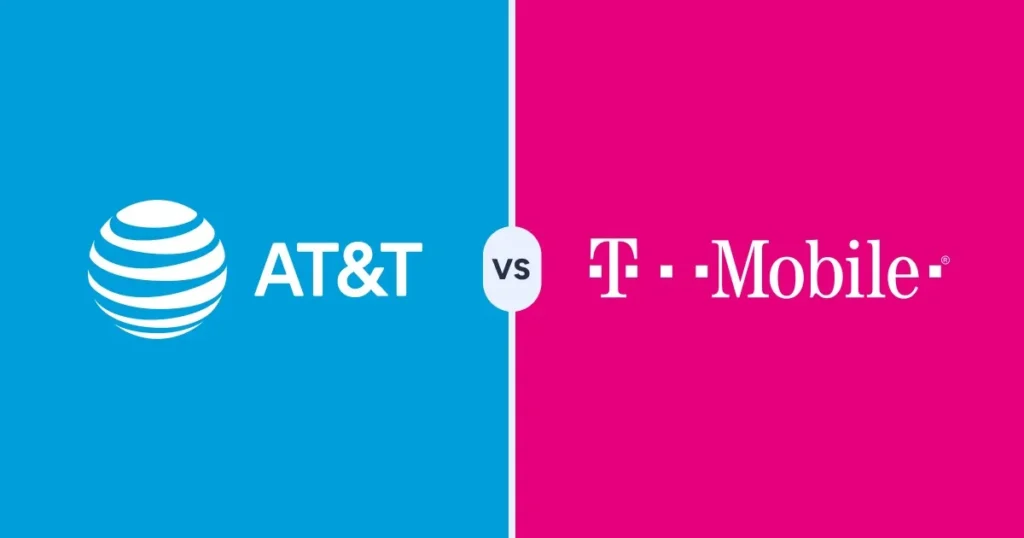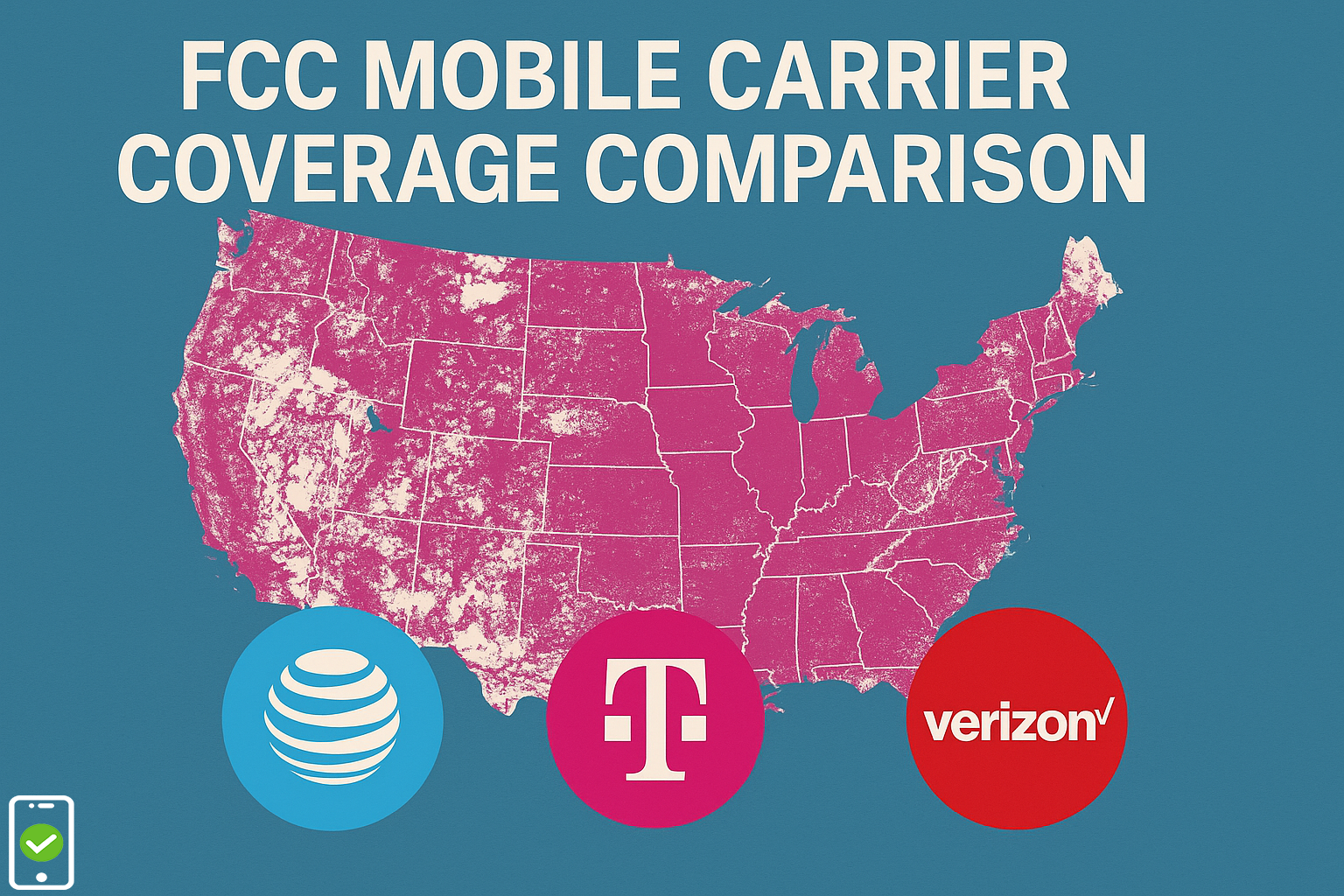As the final state deadlines for presidential candidate registration pass, the 2024 U.S. Presidential Election season is now in full swing. This election cycle is shaping up to be one of the most dynamic in recent history, with a diverse field of candidates across both major parties and notable independent entrants like environmental lawyer Robert F. Kennedy Jr. Let’s also remember that there are also 34 Senate seats up for grabs ad all 435 Congressional seats. Throw in all of the critical issues like foreign policy, abortion, the economy, and immigration, and we are poised for an all-time heavy period in advocacy, outreach, and solicitation over the phone. Let’s dive into all of the elements that are going to impact your businesses ability to connect with your target audience for the next 11 months.
The 2024 Presidential Landscape
The Republican and Democratic parties are witnessing an influx of candidates. The Republicans have 24 unique candidates filed for at least one nominating contest, a slight increase from 2020. Prominent figures include former President Donald Trump, Florida Governor Ron DeSantis, and Nikki Haley1. On the Democratic side, President Joe Biden is leading, with Marianne Williamson and Rep. Dean Phillips also on the ballots in several states. There has been a decrease in the number of unique Democratic candidates from 40 in 2020 to 28 this year2, which is expected as the incumbent, President Joe Biden, is up for re-election for his second term.
The primaries are set to start with the Iowa caucuses in mid-January for Republicans and the South Carolina primary for Democrats, leading up to the pivotal “Super Tuesday” in March3. Key issues dominating the election discourse include abortion, particularly in the context of the post-Roe v. Wade era4, the economy, immigration, crime, and foreign policy.
Impact on the Outbound CX Engagement Landscape
This heightened political activity, particularly in outbound customer engagement (CX), poses unique challenges and opportunities for businesses. For companies like Pure CallerID, navigating this landscape effectively is crucial.
- Increased Call Volumes and Contact Rates: With more candidates, especially with high-profile independents like Kennedy, the volume of outbound calls is expected to surge. This increase might lead to higher contact rates initially but could also result in call fatigue among recipients.
- Rising Concerns About Spam Labeling: As political calls increase, so does the likelihood of numbers being labeled as spam. This phenomenon, observed in the 2016 and 2020 elections, could adversely affect the reach of legitimate political outreach efforts. Companies specializing in managing caller IDs and mitigating spam risks, such as Pure CallerID, will play a crucial role in ensuring effective communication while maintaining compliance with regulations.
- Regulatory Environment and Compliance: Navigating the legal landscape, including TCPA (Telephone Consumer Protection Act) compliance, becomes more critical during election seasons. The stakes are high for maintaining compliance to avoid legal repercussions and protect reputation.
- Consumer Perception and Brand Impact: Political affiliations or perceptions thereof can significantly impact brand image. Companies need to manage outbound communications tactfully to avoid unintended political affiliations or backlash.
- Technological Solutions and Innovations: Utilizing advanced technologies like AI and machine learning for predictive analytics can help in optimizing contact strategies, timing, and messaging to enhance engagement while reducing negative impacts like spam labeling.
Historical Perspective – Looking back at the 2020 election
The 2020 U.S. Presidential Election saw a significant impact from robocalls and spam complaints, affecting the landscape of outbound calling and raising questions about the integrity of election-related communications.
During the election, there were widespread reports of misleading robocalls across the country. These calls, which appeared to originate from Europe, urged people to stay home on Election Day without explicitly mentioning the election. The calls were received in various states, including key swing states and those not considered pivotal in the presidential race. Federal and state investigators, including the FBI and New York state Attorney General’s office, looked into these robocalls, which were seen as a form of voter intimidation and misinformation5.
The scale and complexity of these robocalls were notable. They were part of large-scale campaigns, with significant costs associated with them, indicating that they were more than mere pranks. The difficulty in shutting down these campaigns highlighted the challenges in combating election interference via robocalls. These calls represented a potential national security risk, demonstrating the impact that the right message from the wrong people could have on public perception and behavior6.
The proliferation of robocalls led to an increase in the use of call blocking and spam flagging apps, especially on Android and iOS devices. These apps, and the default features of the operating systems, allow users to screen calls based on various criteria, including the volume of outbound calls from a number and cross-referencing with blacklists. While these features aim to protect users from spam and scam calls, they also have unintended consequences for legitimate outbound calling efforts, such as survey research and political campaigning. The use of such apps can decrease productivity, increase costs, and reduce response rates for legitimate calls. Moreover, they can inadvertently lump scientific survey calls with telemarketing, affecting the legitimacy and response rates of such research efforts7.
The 2020 election thus highlighted both the benefits and drawbacks of outbound calling in a politically charged environment. On the one hand, outbound calling can be a powerful tool for political campaigning and voter outreach. However, the risks of spam labeling, misinformation, and voter intimidation are significant drawbacks that need to be addressed. Companies involved in outbound calling must navigate this landscape carefully, balancing the effectiveness of their campaigns with the responsibility of maintaining ethical standards and compliance with regulations.
Role of independent actors, like Super PACs
Super PACs, or independent expenditure-only committees, have significantly influenced the U.S. political landscape, particularly evident in the 2020 Presidential Election. These entities are legally permitted to raise and spend unlimited sums of money from individuals, labor unions, and companies to support or oppose political candidates. They are required to disclose their donors, but the regulation around these disclosures and the sources of funding, particularly through non-profits, has raised concerns about transparency and the influence of wealthy entities over the democratic process.
In the 2020 presidential race, Super PACs collectively raised substantial amounts. For instance, “America First Action,” a Super PAC supporting then-President Donald Trump, raised about $8.9 million in the first half of 2019. Similarly, Super PACs supporting various 2020 Democratic candidates collectively raised around $4.2 million, with an additional $4.8 million raised by “Priorities USA Action,” a Super PAC supporting the eventual Democratic nominee. These figures highlight the significant financial power these PACs hold in the political arena. The scale of this fundraising underscores how small donations from average voters can seem inconsequential compared to the tens of millions at the disposal of Super PACs.
This influx of money from Super PACs has led to an increase in political advertising and campaigning, including a heavy volume of phone calls. This also means that the use of phone calls for political campaigning and fundraising by Super PACs can contribute to an increase in spam complaints and blacklisting. The volume and frequency of such calls, especially during election seasons, can lead to public annoyance and mistrust, impacting the effectiveness of these calls as a campaigning tool. Moreover, the potential for misinformation and voter manipulation through these calls poses significant challenges to maintaining ethical and transparent political communication. Hence an increase in regulatory attention and oversight.
The role of Super PACs in modern politics, especially their fundraising and spending strategies, continues to be a point of contention. While they offer a powerful means for political expression and campaigning, their influence raises questions about the balance of power in democratic processes and the potential overshadowing of the average voter’s voice. As such, the conversation around Super PACs, their fundraising methods, and the regulatory structures governing them remains critical to understanding and shaping the future of political campaigning and democratic participation in the United States. You may not care about politics or think that you don’t have time to worry about it, but the reality is that all of these factors will impact your ability to connect with your customers. And that should get your attention.
So, what does this actually mean for your outbound operation? A lot.
The 2024 Presidential Election promises to bring about significant changes to the realm of outbound calling and customer experience (CX) engagement. Considering the complexities that typically accompany a presidential election cycle, businesses need to gear up for an increase in political communication. They must evaluate the potential impact of these changes on their outbound strategies and prepare to address the resultant challenges and opportunities:
- Increased Call Volumes: An influx of candidates, including high-profile independents, is likely to result in a surge of outbound calls as campaigns push for voter engagement. This increased volume will help to drive contact rates down for normal business activities because of call avoidance and fatigue among call recipients as the election approaches.
- Spam Tagging and Phone Fatigue: With the heightened activity, there’s an impending risk that call recipients will experience phone fatigue, leading to a greater reliance on spam tagging and call blocking technologies. This reaction can negatively impact businesses, as legitimate calls may be inadvertently caught in the crossfire, leading to a decrease in the effectiveness of outbound calling campaigns.
- Regulatory Challenges: The dynamic nature of the political environment will also bring about a stringent regulatory landscape. Adhering to the Telephone Consumer Protection Act (TCPA) and other relevant legislation will be crucial to avoid legal issues and maintain a positive reputation. FCC is meeting on this very subject on December 13th, 2023, opening the door to even more possible changes may be in store for the outbound industry.
- Technological Solutions: To mitigate the risks associated with increased call volumes and potential spam tagging, businesses can leverage advanced technologies such as AI and machine learning. These tools can offer predictive analytics that refine contact strategies, optimize timing, and personalize messaging to maintain engagement while minimizing negative repercussions.
- Brand Impact and Public Perception: The political affiliations or perceptions of a business can have significant implications for brand image. Outbound communications must be managed tactfully to avoid associating with unwanted political messages or parties, which can alienate customers or lead to backlash. Brand management and obsessive reputation focus should be paramount for all businesses.
- The Role of Super PACs: Super PACs will continue to exert considerable influence on the political narrative, with their ability to raise unlimited funds. Their activities, especially those involving extensive phone call campaigns, will contribute to the overall increase in call traffic and may further the challenges associated with spam complaints and blacklisting.
Bottom line, as the 2024 election season intensifies like a hockey stick over the next 60 days, businesses involved in outbound CX engagement must remain vigilant. They need to adapt to the growing call volumes, navigate the complexities of regulatory compliance, be wary of consumer fatigue, and utilize technological advancements to ensure their outbound operations are both effective and compliant. The goal is to balance the need for robust political discourse with the public’s growing concern over privacy and unsolicited communications, ensuring a positive customer experience amid the electoral tide.



